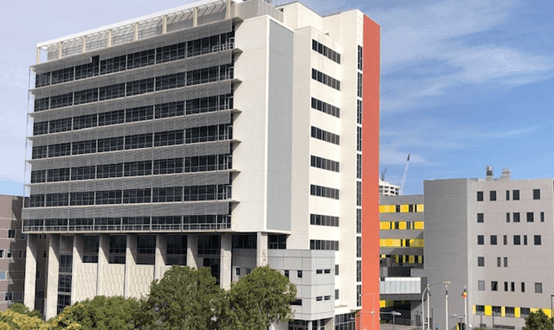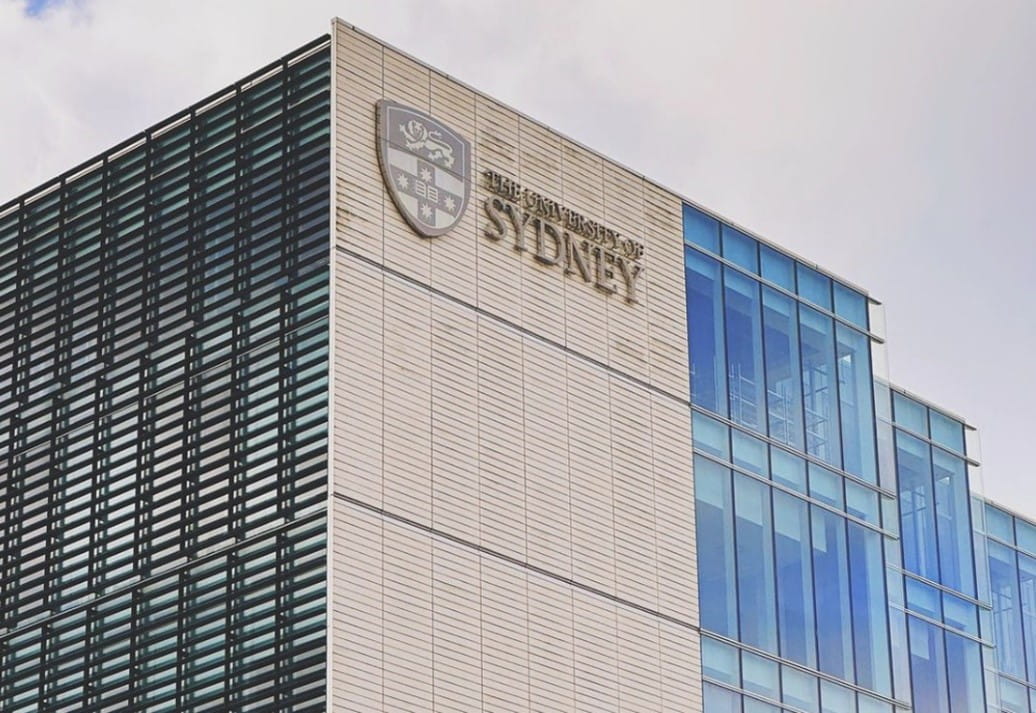Workshop Title:
The Role of Gut Microbiome in Cancer
Date:
October 25th, 2024 (GMT +11)
Organizer:
Royal North Shore Hospital / University of Sydney
Keywords:
- Gut Microbiome
- Biomarker
- Cancer
- Cancer Prevention
- Lifestyle Medicine
Workshop Chair:
Personal Bio:
Dr. Byeongsang Oh is an Associate Professor at the Sydney Medical School, University of Sydney, and a Visiting Professor at the University of Kansas Medical School, USA. He also serves as President of the Medical Tai Chi Qigong Association (iMTQA) in the USA. With extensive research and clinical experience at the Dana-Farber Cancer Institute and Harvard Medical School, Dr. Oh is a leading expert in integrative oncology, specializing in evidence-based complementary and lifestyle medicine. His clinical and research focus on lifestyle medicine with a particular emphasis on the microbiome. Currently, he is actively engaged in collaborative integrative oncology research projects with Harvard Medical School and Yale University.
Workshop Committee Members
Associate Professor Byeongsang Oh University of Sydney & Royal North Shore Hospital byeong.oh@sydney.edu.au
Professor Mark Molly University of Sydney
Dr. Sumit Sahni University of Sydney
Workshop Description:
Background:
The human gut microbiome plays a crucial role in both physical and psychological well-being. Emerging research indicates a significant link between gut bacteria and the development, detection, and prevention of cancer. However, the precise mechanisms and the extent to which the gut microbiome influences cancer risk remain areas of active investigation.
Goal/Rationale:
Despite recent breakthroughs suggesting a connection between gut bacteria and chronic diseases, including cancer development, side effects during cancer treatment, and the survival rate of cancer patients—facilitated by the increased efficacy of chemotherapy and immunotherapy—many clinical oncologists hesitate to introduce it into real-world clinical settings due to a lack of knowledge and established clinical practice guidelines. Therefore, this workshop aims to provide up-to-date information to healthcare professionals and the general public. It will discuss clinical applications that have the potential to enhance the survival of cancer patients and prevent cancer.
Scope and Information for Participants:
Invited speakers will present the following research topics and engage in discussions with the audience.
1. Microbial Diversity and Cancer Risk: Studies have shown that a diverse and balanced gut microbiome is associated with a lower risk of certain cancers. Advances in DNA sequencing technologies have allowed for a more in-depth analysis of microbial diversity.
2. Metabolites and Cancer Protection: Researchers have identified specific microbial metabolites, such as short-chain fatty acids, that demonstrate anti-cancer properties. Understanding the production of these metabolites can provide insights into protective mechanisms.
3. Personalized Approaches: Advances in precision medicine have enabled the exploration of personalized approaches to modulating the gut microbiome. Tailoring interventions based on an individual's unique microbial profile may enhance their effectiveness in cancer prevention.
Venue:
10 Westbourne St, St Leonards NSW 2064, Australia

VISA:
https://immi.homeaffairs.gov.au/home
In order to ensure the information is correct and up to date, there may be changes which we are not aware of. And different countries have different rules for the visa application. It is always a good idea to check the latest regulations in your country. You should confirm details with your local Consular Office. This page just gives some general information of the visa application.
Australia Visa Information
Do I need a visa to enter Australia?
Unless you are an Australian citizen, you will need a valid Australian visa to enter the country. New Zealand passport holders can apply for a visa upon arrival in the country. All other passport holders, regardless of age, must apply for a visa before leaving home. You can apply for a range of Australian visa types, including tourist visas and working holiday visas, at your nearest Australian Embassy or Consulate. You can also apply for certain types of visas on the Australian Department of Home Affairs website.
There are different Australian visa types available for travelers to Australia. Knowing which Australian visa to apply for depends on the length of your stay, your passport and the purpose of your visit. You'll also need to meet certain financial and medical requirements, be outside of Australia when applying and maintain health insurance for the duration of your stay.
Electronic Travel Authority Visa (subclass 601)
This visa allows you to visit Australia as many times as you want, for up to a year, and stay for three months each visit. This visa is available to passport holders from a number of countries and regions, who live outside Australia. A step-by-step guide on how to apply is here.
E-Visitor (subclass 651)
This is a free visa for multiple visits to Australia for tourism or business purposes for up to three months at a time within a 12-month period. This visa is available to passport holders from a number of European countries and it cannot be extended.
Visitor visa (subclass 600)
The Visitor visa allows you to visit Australia, either for tourism or business purposes. It is open to all nationalities. Generally, a period of stay of up to three months is granted, but up to 12 months may be granted in certain circumstances. Applicants will have to pay a fee to submit their application.
How can I apply for an Australian tourist visa?
The application process may differ depending on which visa you need. You can only apply for the Electronic Travel Authority visa (subclass 601) through the Australian ETA app. A step-by-step guide on how to apply is located here.
For other visas, you can apply online by creating an ImmiAccount and completing the application process. Be sure to submit your application well in advance of your travel date to allow enough time for processing. You may be asked to provide further supporting information. You will be notified in writing if your tourist visa is approved and it will be digitally linked to your passport.
For more information on different visa types, and Australian visa requirements including how to apply for an Australian visa, visit the Department of Home Affairs website.
